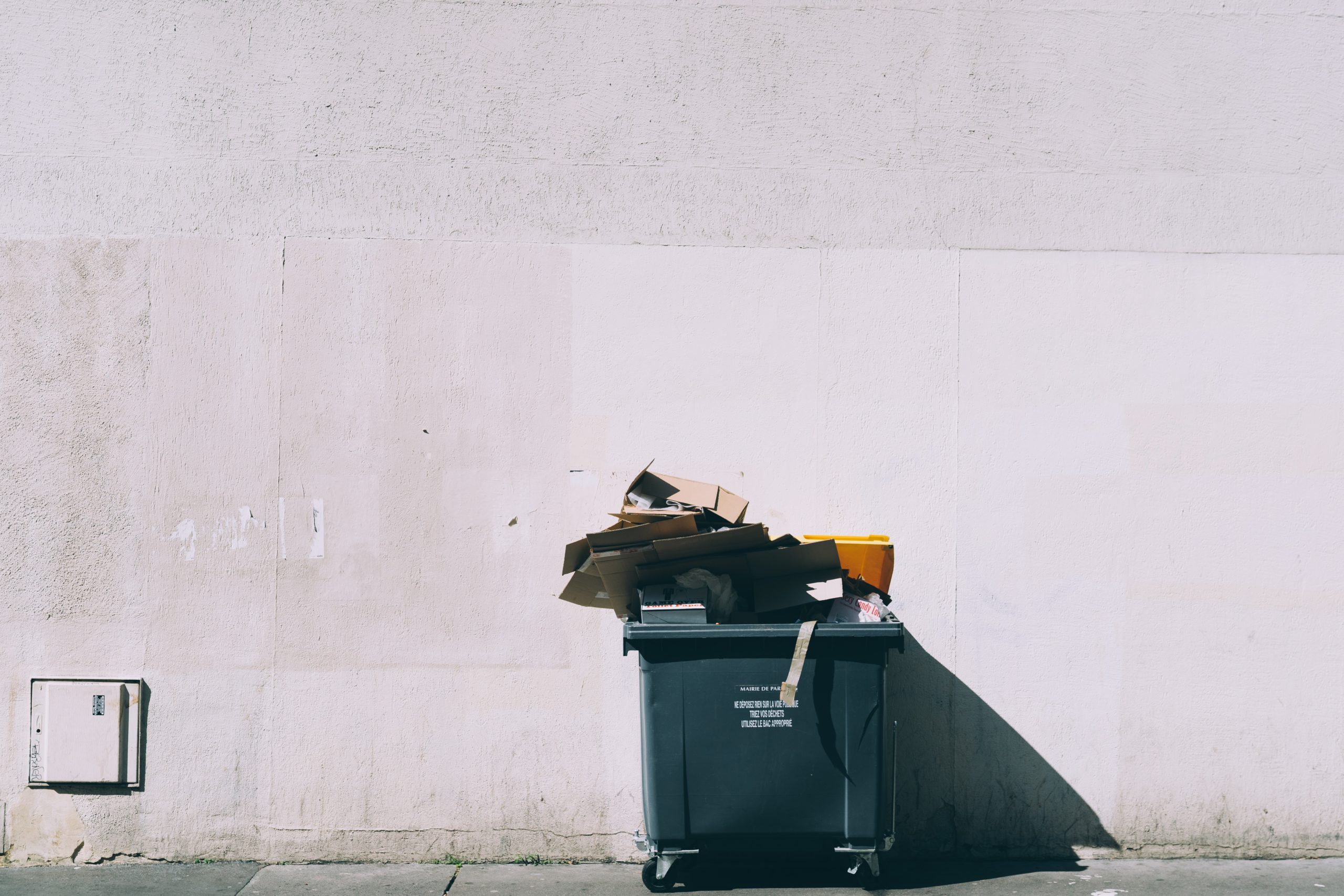A wise teacher once told me, the greatest gift I could give to humanity was not the gift of changing the world, but instead the gift of un-changing it. At the time I had no idea what he meant with this sentiment.
His view directly opposed my innovation mentality. I wanted to be a part of the change. I rooted for my generation to improve and advance society. I wanted to leave my mark in the world.
But as I’ve gotten older, the world around me has changed — in some ways for the better and in other ways for the worse.
And when I genuinely stop to think about what I want, I find it difficult to process its manifestations as anything other than superficialities when the environmental crisis we are undergoing may not allow us to reap anything we may want to sow.
Our Earth is dying. Air pollution is destroying our atmosphere. Water pollution is destroying our oceans. Global warming is ruining our planet. And we are collectively destroying our only home.
But if holistic health has taught me anything; it’s that while we may be the problem — we are also the solution.
At this point in the game, we don’t have time to sugarcoat the truth — we have an undeniable moral obligation to care about our planet right now.
But before you become overwhelmed. Before you start to believe that the fate of the world lies solely in your hands; start to think about this problem as an ‘us’ problem versus a ‘just me’ problem. While what you do can and will make a difference, it won’t make all of the difference. We have a lot of work to do — all of us, together.
We can’t wait until it’s too late. It’s not enough for us to sit back, watch our mess unravel and wait for someone else to decide to clean it up. The empowering part about all of this is the fact that we have a choice in what happens next. Right now, we can decide to leave behind a legacy of a beautiful world for future generations to enjoy. We can decide to leave no footprints, no marks on our land. And instead, we can focus on leaving behind the only marks that matter — the ones we leave on each other.
Want to take action? Here are some easy ways we can each reduce our carbon footprint to better serve our home.
Buy Locally
There are so many benefits to seeking out local farms in your area. When you choose to buy locally, you are actively reducing food miles. Take a look at the labels from your food and figure out where they come from – you’d be surprised how much of your food comes from outside of the country. Think about how many miles away it was grown. Think about the modes of transportation it took just to get to your store. Then imagine how much fossil fuel was burned in order for that food to end up in your cart.
When you buy local food you reduce carbon emissions, which in turn reduce air pollution and greenhouse gas emissions. Aside from helping the environment, you’ll also be helping your local community. You will be supporting local farms, creating local jobs and preserving land. And the best part is — your taste buds and your body will thank you for the freshness and the nutrients that are compacted within the farm to table lifestyle.
Reduce Plastic
A plastic bottle will take 450 years to decompose. Think about that. The water bottle you threw away today will live to see your children, grandchildren, great grandchildren and so on. Reduce the plastic you use. You can do this by using reusable bags, choosing to buy unwrapped produce, avoiding plastic utensils such as straws, forks, etc. and also choosing online brands with sustainable packaging.
Drive Less and Walk More
I know how easy it is to drive everywhere. It has become second nature for all of us. We don’t think twice when getting in the car. Not even if our destination is a mile or less away. Your job is probably too far for a bike ride. But maybe the stores you frequent, the banks you use, the post office you go to is only a mile or less away. Could you take your bike to get there? Could you walk? The less miles you put into transportation, the less fossil fuel is burned and the less damage we do to our atmosphere. Plus, our increasingly sedentary lifestyles yearn for movement. Use this opportunity to move and get your steps in.
Do Your Homework on Clothing Brands
This one’s a tough one. There’s so many clothing brands. And most of them are not sustainable for the environment or for the people that work for the company. The reality is that sustainable clothing can be somewhat expensive. The upside here is that investing in your clothing means investing in its durability, investing in the environment and investing in jobs. If a shirt cost you $4, it probably means that workers are not being paid fair wages and the materials being used are destroying the environment. When you’re in need of clothes, rethink the company. Search for sustainable brands. Try a thrift store to better economize. Rethink what you’re buying. Ask yourself how much use you could get out of each piece. And then recycle your clothes! Do swap parties with your friends or donate your clothes to people who could benefit from them. Check your labels for eco friendly fibers such as linen, hemp, bamboo and lyocell, which reduce pollution emissions, avoid toxic chemicals and don’t exhaust water intake.
Make Your Big Purchases Environmentally Friendly
When making upgrades to your home think about how you can help the environment with your purchase. If you’re getting a new car and are fortunate enough to afford a hybrid — get one! If not, then opt for fuel-efficient models. This can help you save money on gas and reduce your carbon footprint over time. If you’re in the market for new appliances look for models approved by the Energy Star label. The Energy Star label ensures energy efficient appliances that reduce greenhouse gas emissions and pollution. Finally, if you can go solar, do it! There’s no better energy than the one derived from the sun and that goes for everything.
Vote, Vote and Vote
Exercise your right to vote and get to the polls. Vote in local, state and national elections and demand that your representatives protect the environment within their agendas. Your vote is your voice. Choose leaders who will put you and your planet first.
Get Everyone Involved
Not one person can save the world. We need to do it together.






Comments +